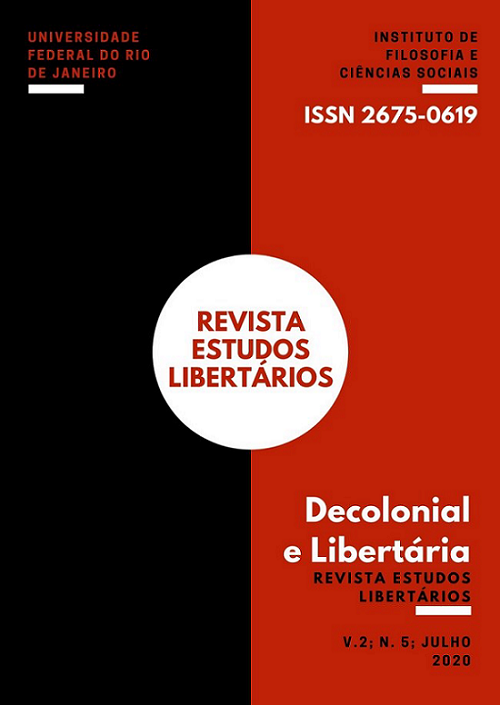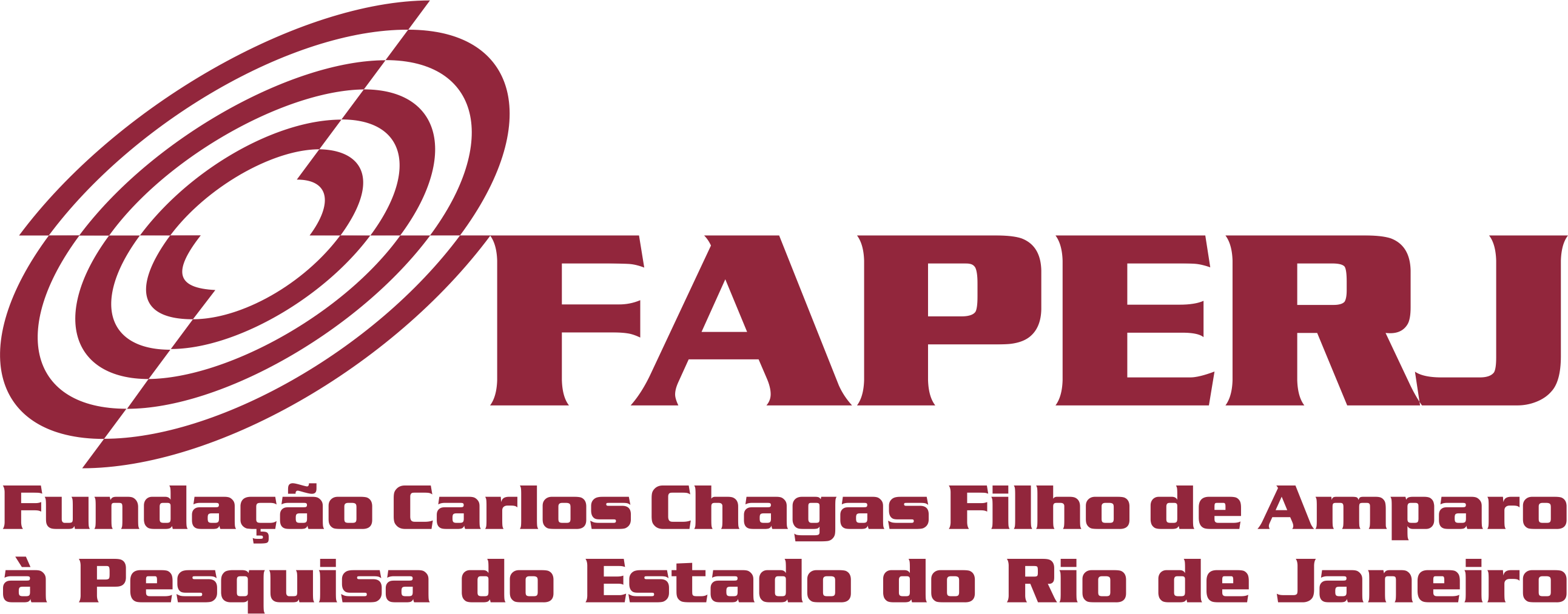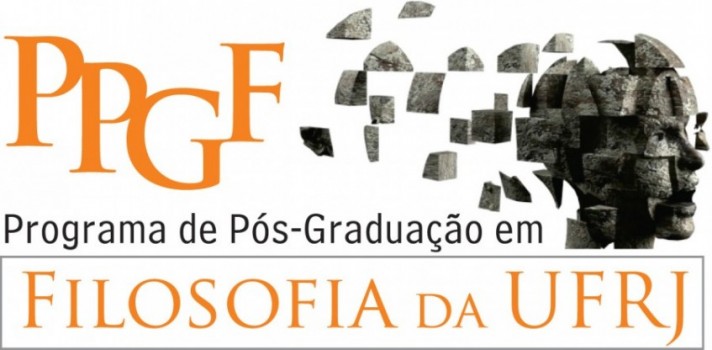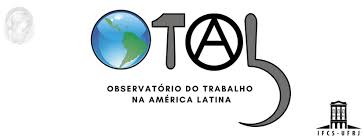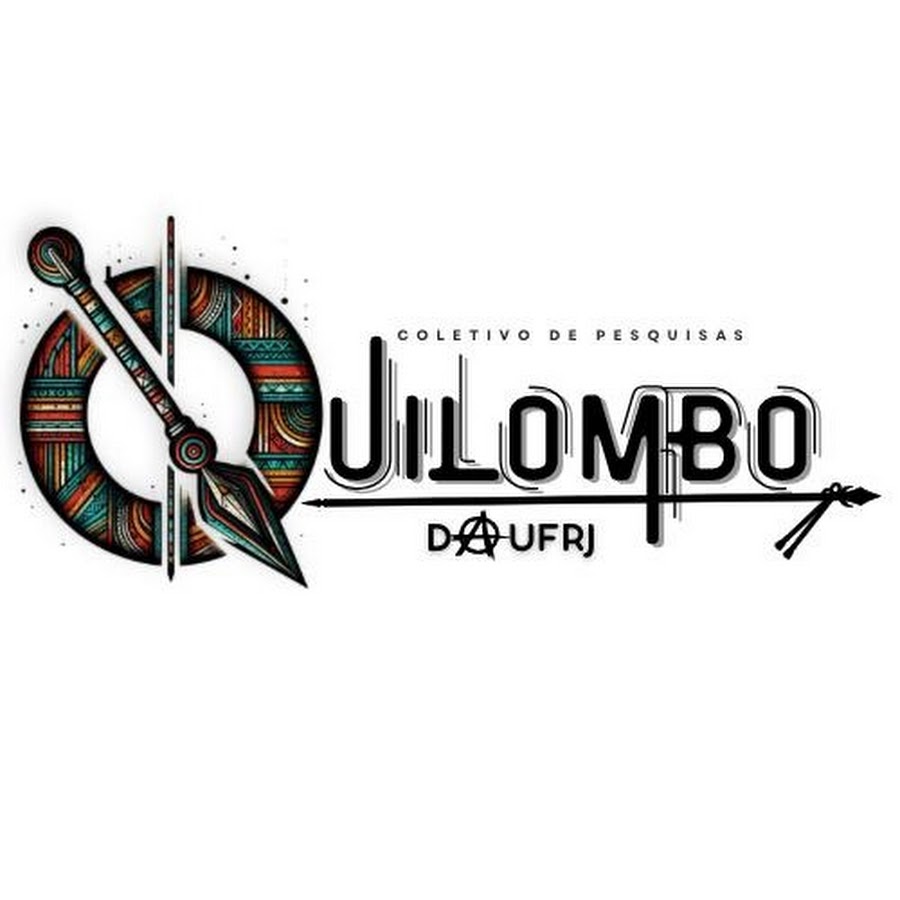“ANARCHISTIC SPAIN” – IS AN ANARCHISTIC SYSTEM CHANGE POSSIBLE AFTER THE CORONA CRISIS? A COMPARATIVE ANALYSIS OF SPAIN´S DEVELOPMENT
Resumo
O presente artigo analisa a probabilidade de haver uma mudança anarquista na Espanha após a crise do COVID 2019-2020. Essa pergunta surge porque é sabido que, em tempos de crise, normalmente são abertos diferentes canais para a mudança do sistema, tal como a reorganização da acumulação de poder. Investigamos se esse é realmente o caso da atual crise. Para fazer isso, a teoria da acumulação e participação de poder por meio de diferentes autores é primeiro analisada, depois o anarquismo é definido e explicado, o COVID-19 também é explicado e, no final da primeira parte, a história da Espanha é examinada brevemente. A metodologia que usamos para responder à pergunta é a análise de causas que ao longo da história levaram a um surto de revoluções. Examinamos as possíveis causas e seus indicadores através das lentes de Pateman, Alperovitz e Melman, bem como o esquema de organização de Louis Gottschalk em relação às causas das revoluções. Diferentes conceitos são considerados, como alienação e participação, por exemplo. Em conclusão, a principal descoberta é que uma mudança no sistema anarquista semelhante ao que ocorreu na Espanha na década de 1930 é improvável devido a razões como a realidade econômica, sociológica e política de hoje. No entanto, diferentes movimentos anarquistas ainda podem ocorrer, como é discutido na seção 5.2 Alternativas a uma revolução.Referências
AEP (2018) impacto de la gripe de 1918 en españa. Available at: https://vacunasaep.org/profesionales/noticias/impacto-de-la-gripe-de-1918-en-espana (Accessed: 22 May 2020).
ALPEROVITZ, G. (2013) What then must we do? Straight talk about the next American revolution: democratizing wealth and building a community-sustaining economy from the ground up. White River Junction, Vermont: Chelsea Green Publishing.
AUSWÄRTIGES Amt (2020a) Spanien: Politisches Porträt, Auswärtiges Amt. Available at: https://www.auswaertiges-amt.de/de/aussenpolitik/laender/spanien-node/politisches-portraet/210610?openAccordionId=item-210220-0-panel (Accessed: 16 May 2020).
AUSWÄRTIGES Amt (2020b) Spanien: Reise- und Sicherheitshinweise, Auswärtiges Amt. Available at: https://www.auswaertiges-amt.de/de/aussenpolitik/laender/spanien-node/spaniensicherheit/210534#content_6 (Accessed: 16 May 2020).
AUSWÄRTIGES Amt (2020c) Spanien: Steckbrief, Auswärtiges Amt. Available at: https://www.auswaertiges-amt.de/de/aussenpolitik/laender/spanien-node/spanien/210524?openAccordionId=item-210220-0-panel (Accessed: 16 May 2020).
BADCOCK, J. (2012) ‘The Pain in Spain - As protests and problems pile up, there’s no easy way out of the crisis for Spain’s embattled government.’, FP Foreign Policy. Available at: https://foreignpolicy.com/2012/10/01/the-pain-in-spain/ (Accessed: 20 May 2020).
BADCOCK, J. (2017) ‘Spain Is Flirting With Another Civil War - Will Madrid’s coming standoff with Catalonia be resolved around a negotiating table, or either sides of barricades?’, FP Foreign Policy. Available at: https://foreignpolicy.com/2017/09/27/spain-is-flirting-with-another-civil-war/ (Accessed: 20 May 2020).
BAKUNIN, M. (1970) God and The State. New York: Dover Publications.
Barandiaran, X. and Lezaun, J. (2017) The Mondragón Experience. Edited by J. Michie, J. R. Blasi, and C. Borzaga. Oxford University Press. Available at: http://oxfordhandbooks.com/view/10.1093/oxfordhb/9780199684977.001.0001/oxfordhb-9780199684977-e-19 (Accessed: 5 June 2020).
BBC, N. (2019) Catalonia crisis in 300 words, BBC News. Available at: https://www.bbc.com/news /world-europe-41584864.
BLAKE, J. and Hart, D. (1983) The Spanish Civil War (Documentary). Granada Television Productions.
BOOKCHIN, M. (1978) The Spanish anarchists: the heroic years 1868-1936. 1. Harper Colophon ed. New York: Harper & Row.
BOYD, C. P. (1997a) ‘History and the Creation of Republican Civic Culture, 1931-1936’, in Historia Patria: Politics, History, and National Identity in Spain, 1875-1975. Princeton, New Jersey: Princeton University Press.
BOYD, C. P. (1997b) ‘The Primo de Rivera Dictatorship, 1923-1930: The Origins of “National Catholicism”’, in Historia Patria: Politics, History, and National Identity in Spain, 1875-1975. Princeton, New Jersey: Princeton University Press.
CGT (2007) Quienes Somos. Available at: https://cgt.org.es/quienes-somos/ (Accessed: 10 May 2020).
CHOMSKY, N. (2013) On anarchism. New York ; London: The New Press.
CHOMSKY, N. (2014) Noam Chomsky v Olomouci. Seminar at the Palacký University Olomouc in the Czech Republic. Available at: https://www.youtube.com/watch?v=oGGOtkwJB3k (Accessed: 15 May 2020).
CORRÊA, F. (2012) Rediscutindo o anarquismo: uma abordagem teórica. Mestrado em Mudança Social e Participação Política. Universidade de São Paulo. Available at: http://www.teses.usp.br /teses/disponiveis/100/100134/tde-11122012-161527/ (Accessed: 14 May 2020).
CORRÊA, F. (2019) Anarchism, power, class and social change. Available at: https://blackrosefed.org /correa-anarchism-power-class/ (Accessed: 14 May 2020).
CRUZ, J. (2020) ‘Interview on anarchism in Spain today’.
DA SILVA, R. (2013) Anarchism: an ideological and historical introduction. Available at: https://anarquismorj.wordpress.com/textos-e-documentos/teoria-e-debate/anarquismo-introducao-historica-rafael-v-da-silva/ (Accessed: 10 May 2020).
DOMBEY, D. (2020) ‘Spain’s economy set to suffer most from coronavirus crisis’, Financial Times, 4 September. Available at: https://www.ft.com/content/396415a2-7778-4675-8bec-da8fca154bca (Accessed: 20 May 2020).
EL PAIS (2020) Spanish PM finds support in Congress for fifth extension to state of alarm. Available at: https://english.elpais.com/spanish_news/2020-05-20/spanish-pm-finds-support-in-congress-for-fifth-extension-to-state-of-alarm.html (Accessed: 4 June 2020).
de la Escosura, L. (2016) Spanish economic growth in the long run: What historical national accounts show. Available at: https://voxeu.org/article/spanish-economic-growth-long-run (Accessed: 15 May 2020).
ESENWEIN, G. (2004) ‘Anarchism’, in New Dictionary of the History of Ideas. New York: Charles Scribner’s Sons, pp. 66–69. Available at: https://www.researchgate.net/publication /311885228_Anarchism (Accessed: 12 May 2020).
Federal Foreign Office (2020) Solidarity with Spain, tackling Covid-19 jointly as the EU, Auswärtiges Amt. Available at: https://www.auswaertiges-amt.de/de/aussenpolitik/laender/spanien-node/maas-spanien-covid19-europa-/2337134 (Accessed: 19 May 2020).
FORTE, F. (2020) Coronavirus (COVID-19) outbreak in Spain - Statistics & Facts, Statista. Available at: https://www.statista.com/topics/6118/coronavirus-covid-19-outbreak-in-spain/#dossierSummary __chapter2 (Accessed: 20 May 2020).
GAMERO, J. (1997) Living Utopia (Documentary). Televisión Española (TVE).
GARRETT, T. A. (2007) ‘Economic Effects of the 1918 Influenza Pandemic’, p. 26.
GOODMAN, P. (2010) Drawing the line once again: Paul Goodman’s anarchist writings. Oakland, Calif: PM.
GOTTSCHALK, L. (1944) ‘Causes of Revolution’, American Journal of Sociology, 50(1).
GUÉRIN, D., Chomsky, N. and Klopper, M. (1970) Anarchism, from theory to practice. Repr. New York: Monthly Review Press.
HERMET, G. (1996) Histoire des nations et du nationalisme en Europe. Paris: Editions du Seuil (Points, H198).
JOHNSON, K. (2020) ‘Fighting Pandemic, Europe Divides Again Along North and South Lines - Southern countries push for a eurobond while the wealthy North says “nein.”’, FP Foreign Policy, 30 March. Available at: https://foreignpolicy.com/2020/03/30/coronavirus-pandemic-europe-north-south-eurobond/ (Accessed: 20 May 2020).
LA MONCLOA, M. of the P. (2020) History and Culture, La Moncloa. Available at: https://www.lamoncloa.gob.es/lang/en/espana/historyandculture/Paginas/index.aspx (Accessed: 18 May 2020).
MACHER, J. (2018) Spanien zehn Jahre nach der Krise - Alles wieder gut?, Deutschlandfunk Kultur. Available at: https://www.deutschlandfunkkultur.de/spanien-zehn-jahre-nach-der-krise-alles-wieder-gut.1076.de.html?dram%3Aarticle_id=417457&fbclid=IwAR0WssvW0Pd9j1iBi_wS0n86XS3-jS_2I8M9gh4Q7oQWvfxWgsOzaOFKWoU (Accessed: 25 May 2020).
MARTINI, M. et al. (2019) ‘The Spanish Influenza Pandemic: a lesson from the history 100 years after 1918’, Journal of Preventive Medicine and Hygiene, Vol 60.
MELMAN, S. (2001) After Capitalism: From Managerialism to Workplace Democracy. New York: Alfred A. Knopf.
MERRIAM-WEBSTER (2020) Anarchism. Available at: https://www.merriam-webster.com/dictionary /anarchism (Accessed: 21 May 2020).
MINDER, R. (2018) ‘Can Pedro Sánchez Put Spain Back Together Again? - The 2017 crisis in Catalonia tore the country apart. The new Spanish prime minister will need to fend off rivals and manage alliances to stay in power long enough to heal the wounds.’, FP Foreign Policy. Available at: https://foreignpolicy.com/2018/06/20/can-pedro-sanchez-put-spain-back-together-again/ (Accessed: 20 May 2020).
MISTELI, S. (2019) Sánchez’ Sozialisten und die Linkspopulisten von Podemos wollen eine Koalition bilden – die neuesten Entwicklungen nach der Parlamentswahl in Spanien. Available at: https://www.nzz.ch/international/sanchez-sozialisten-gewinnen-laut-prognosen-die-parlamentswahl-in-spanien-rechtsnationale-vox-legt-deutlich-zu-die-wichtigsten-antworten-im-ueberblick-ld.1520831 (Accessed: 15 May 2020).
MONDRAGON (2015) Annual Report 2015. Available at: https://www.mondragon-corporation.com/wp-content/themes/mondragon/docs/eng/annual-report-2015.pdf (Accessed: 28 May 2020).
MONTAGUT, E. (2016) La atención al desempleo hasta 1931. Available at: https://www.nuevatribuna.es/articulo/historia/atencion-desempleo-1931/20161130174843134338.html (Accessed: 20 May 2020).
MÜLLER, A. (2013) Spaniens Verzweifelte, Zeit Online. Available at: https://www.zeit.de/wirtschaft/2013-01/spanien-wirtschaftskrise-raeumungen-selbstmord?fbclid=IwAR3YRvonXzYIVuBd2c8nK-HVzGCqWI-FqxCPN15jGkUrC9oAVeGhaNEFGxk (Accessed: 25 May 2020).
NAGEL, J. C. (2014) ‘Is Spain About to Embrace Chavismo?’, FP Foreign Policy, 19 November. Available at: https://foreignpolicy.com/2014/11/19/is-spain-about-to-embrace-chavismo/ (Accessed: 20 May 2020).
OECD (2020) Spain, OECD Data. Available at: https://data.oecd.org/spain.htm (Accessed: 25 May 2020).
PARDO, P. (2019) ‘Make Spain Great Again - The far-right Vox party has adopted Trump-style politics.’, FP Foreign Policy, 27 April. Available at: https://foreignpolicy.com/2019/04/27/vox-spain-elections-trump-bannon/# (Accessed: 20 May 2020).
PASCUAL, A. (2018) ‘Los sindicatos recuperan afiliados por segundo año consecutivo tras la crisis’, 2 April. Available at: https://www.20minutos.es/noticia/3252805/0/sindicatos-recuperan-afiliados-tras-crisis/ (Accessed: 25 May 2020).
PATEMAN, C. (1970) Participation and democratic theory. Cambridge: Cambridge University Press.
PAYNE, S. G. (1973) ‘Ancient Hispania’, in A History of Spain and Portugal. University of Wisconsin Press.
PRADOS DE LA ESCOSURA, L. (2003) El progreso económico de España (1850 - 2000). Bilbao: Fundación BBV.
REPICI, A. et al. (2020) ‘Coronavirus (COVID-19) outbreak: what the department of endoscopy should know’, Gastrointestinal Endoscopy.
RODRIGUES, G. B. (2016) ‘a experiência da autogestão territorial anarquista du nte a guer civil espanhola (1936-1939): legado, limites e possibilidades’, (1), p. 23.
SAEZ, M. et al. (2020) ‘Effectiveness of the measures to flatten the epidemic curve of COVID-19. The case of Spain’, Science of The Total Environment, 727.
SIMPSON, J. (2017) ‘The nature and response to the 1930s agrarian crisis : Spain in a European perspective’. Available at: https://e-archivo.uc3m.es/bitstream/handle/10016/25503/wp1708 pdf?sequence=1&isAllowed=y (Accessed: 15 May 2020).
TRILLA, A., Trilla, G. and Daer, C. (2008) ‘The 1918 “Spanish Flu” in Spain’, Clinical Infectious Diseases, 47(5), pp. 668–673.
WHYTE, W. F. and Whyte, K. K. (1988) Making Mondragon: the growth and dynamics of the worker cooperative complex. Ithaca, N.Y.: ILR Press.
WORLD HEALTH ORGANIZATION (2020) Q&A on coronaviruses (COVID-19). Available at: https://www.who.int/news-room/q-a-detail/q-a-coronaviruses (Accessed: 25 May 2020).
ZHOU, F. et al. (2020) ‘Clinical course and risk factors for mortality of adult inpatients with COVID-19 in Wuhan, China: a retrospective cohort study’, The Lancet, 395(10229), pp. 1054–1062.
Appendix
Interview Protocol with Anselmo Lorenzo Foundation (Juan Cruz)
What does your organization do and what does it stand for?
A.: The Anselmo Lorenzo Foundation is a cultural foundation that aims to conserve and disseminate the documentary heritage of the Confederation National Labor Office (CNT).
How different was Spain during the 1930s from the current Spain that paved the way for anarchist movements?
A.: The libertarian movement of the 30s was composed, fundamentally, by manual workers who developed their labor lives in the context of a country (Spain) with a very strong concentration of wealth and labor legislation that favored exploitation.
How strong was the anarchist movement during the 1930s compared to today? What intermediaries (such as the State, the church, the military, etc.) corroborated for this movement?
A.: The anarchist and anarcho-syndicalist movement in the Spain of the 1930s has nothing to do with today. The CNT was a union organization that brought together most of the workers unionized in Spain and had hundreds of unions scattered throughout Spain. The libertarian movement, moreover, was endowed with hundreds of libertarian athenaeums, newspapers and a social and cultural fabric that made a counterbalance to the hegemonic power of the Church, the State and Capital.
Do you think it is possible, after the COVID-19 crisis, to have an anarchist movement similar to the one that occurred during the Spanish civil war? why?
A.: No. The situation of the libertarian movement has nothing to do with it. It is currently a minority, compared to that of the 1930s.
How did World War I and the financial collapse of 1929 affect power and anarchist movements?
A.: I'm not a specialist in this topic, so I don't think my opinion is valid. In any case, Spain did not participate in the First War World. The financial collapse of 1929 was felt in Spain, but I think its consequences did not have much to do with the gradual strengthening of the libertarian movement organizations.
What institution in society is responsible for Spanish citizens to learn about anarchist movements?
A.: I do not think that to any institution dependent on the State, the power political or economic power corresponds to promote knowledge of the libertarian movement, because it is the enemy of all these institutions and power. Improving knowledge of movement libertarian, his ideas, history and organizational strategies correspond, first of all, to the organizations of the libertarian movement and to groups, the media, etc. linked to this movement.
What are the biggest barriers to general change in the system in Spain? How does it compare to the past?
A.: For me the barriers are still the same as always. If we understand the social change in the key of improvement for workers, I think the biggest barrier is, on the one hand, individualism and the lack of class consciousness. On the other hand, delegationism also influence the political parties. In the international context, the power of the economic elite and large companies is still diametrically superior to that of organizations interested in a social change favorable to the social majority. That power was not so unbalanced in times of past, since, in comparison, the workers' organizations were much more powerful, there was much more class consciousness and there was mass media (the workers' press) with a wide profile among popular classes.
Arquivos adicionais
Publicado
Edição
Seção
Licença
Autores que publicam nesta revista concordam com os seguintes termos:
1) Autores mantém os direitos autorais e concedem à revista o direito de primeira publicação, com o trabalho simultaneamente licenciado sob a Licença CreativeCommonsAttribution que permite o compartilhamento do trabalho com reconhecimento da autoria e publicação inicial nesta revista.
2) Autores têm autorização para assumir contratos adicionais separadamente, para distribuição não-exclusiva da versão do trabalho publicada nesta revista (ex.: publicar em repositório institucional ou como capítulo de livro), com reconhecimento de autoria e publicação inicial nesta revista.
3) Autores têm permissão e são estimulados a publicar e distribuir seu trabalho online (ex.: em repositórios institucionais ou na sua página pessoal) a qualquer ponto antes ou durante o processo editorial, já que isso pode gerar alterações produtivas, bem como aumentar o impacto e a citação do trabalho publicado (Veja O Efeito do Acesso Livre).
POLÍTICA DE PRIVACIDADE
Os nomes e endereços informados nesta revista serão usados exclusivamente para os serviços prestados por esta publicação, não sendo disponibilizados para outras finalidades ou a terceiros.

